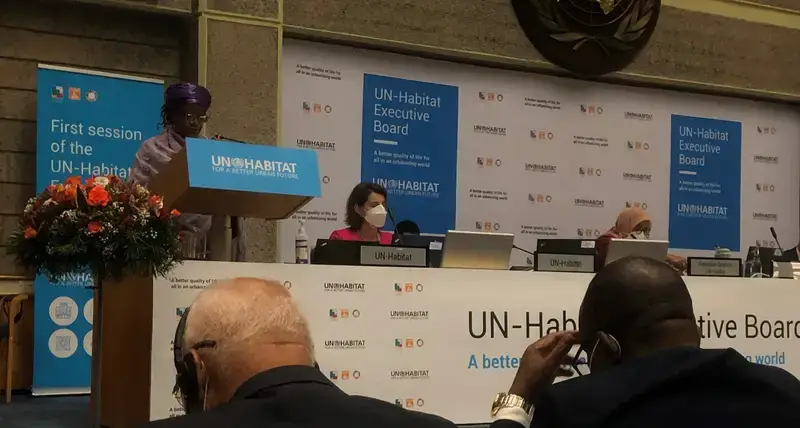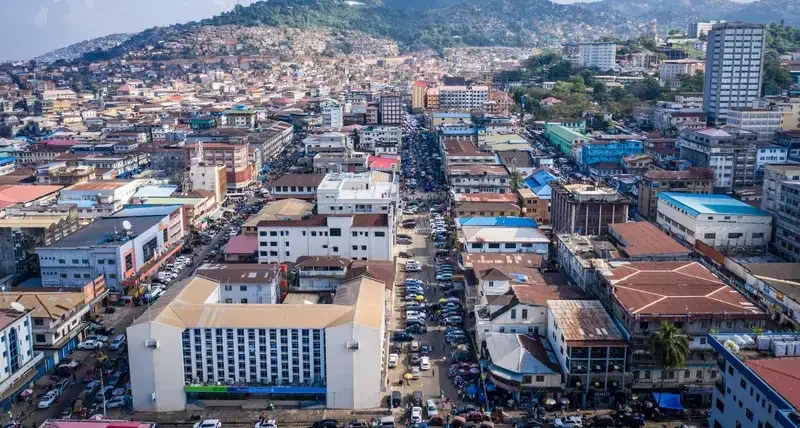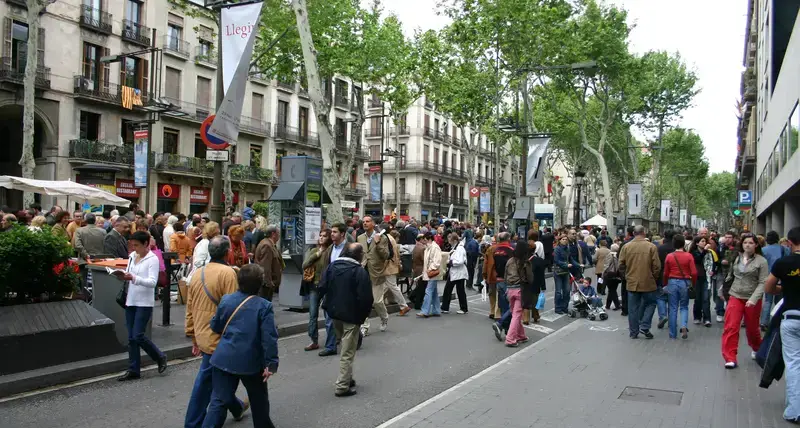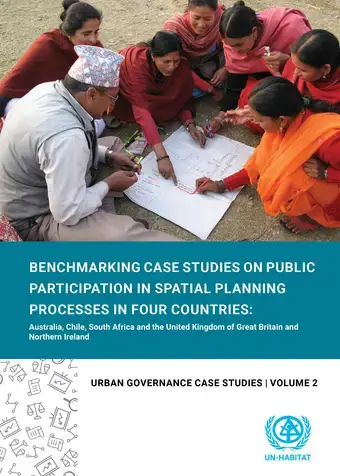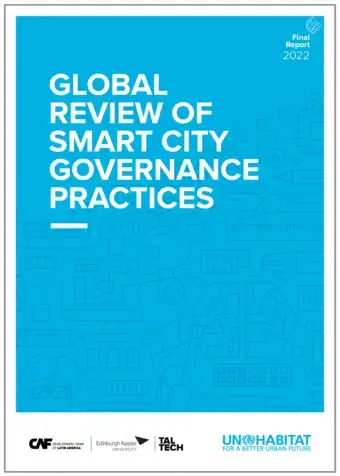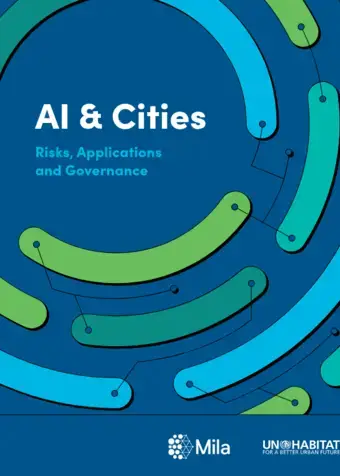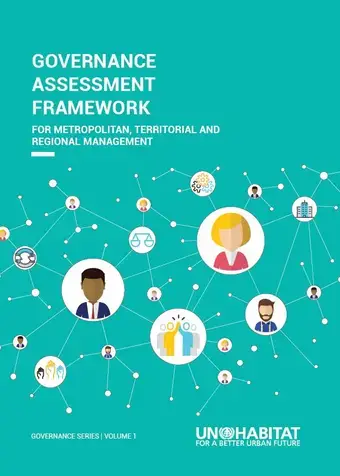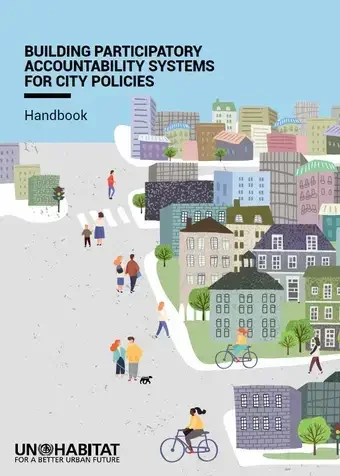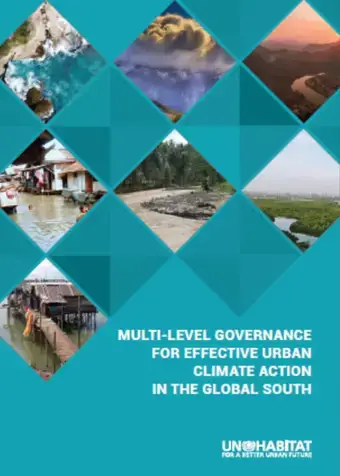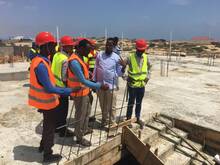What is Governance?
Governance refers to the structures and processes that are designed to ensure accountability, transparency, responsiveness, rule of law, stability, equity and inclusiveness, empowerment, and broad-based participation. Governance also represents the norms, values and rules of the game through which public affairs are managed in a manner that is transparent, participatory, inclusive and responsive. Governance systems set the parameters under which management and administrative systems will operate. Governance is about how power is distributed and shared, how policies are formulated, priorities set and stakeholders made accountable.
It encompasses a diverse range of actors in decision-making processes as well as the formal and informal structures that have been set in place to arrive at and implement decisions. In the urban context, it is the process by which governments and stakeholders collectively decide how to plan, finance and manage urban areas. Urban governance is also the sum of the many ways in which individuals and institutions, both public and private, plan and manage the common affairs of the city in a continuing process where conflicting or diverse interests may be accommodated, and cooperative action can be taken.
The Challenge
In many countries, urban governance systems are currently unfit for purpose and need critical reforms to enable sustainable and inclusive urban development. They have institutional frameworks that prevent urban governments from fully delivering on their responsibilities through inadequate decentralization, insufficient resources, poor capacity and weak frameworks for engagement with residents, civil society and other key stakeholders. Most countries, especially in the Global South, also suffer from ill-defined distribution of responsibilities between different levels of governments, leading to the duplication of roles and gaps which can lead to institutional wars. The net effect being that common citizens suffer from poor public service delivery and they end up procuring these services from informal, expensive yet unsafe channels.
These ineffective multilevel governance arrangements also compromise planning processes, risk backlogs in budget spending, lead to higher transaction costs and create wider economic inefficiencies, as well as compromising the principles of transparency and accountability. Community engagement and participation in public-decision making needs to promote more productive and inclusive interactions to better include women, youth, ethnic minorities, migrants, the urban poor and other disadvantaged groups such as people with disabilities in decision-making processes. Furthermore, inequalities, insufficient access to basic services, lack of decent housing, job insecurity and informality also continue to shape spatially fragmented and socially segmented cities while the expansion of metropolitan areas and the burgeoning gap between them and intermediary cities pose serious challenges to urban governance.
Why Good Urban Governance?
In 1999, UN-Habitat launched the Global Campaign on Urban Governance to support the implementation of the Habitat Agenda goal of “sustainable human settlements development in an urbanizing world.” The campaign’s goal was to contribute to the eradication of poverty through improved urban governance. Today, the international consensus is still the same: the quality of urban governance is the most important factor for the eradication of poverty and for prosperous cities. Good urban governance is outcome-oriented and promotes the rights of all people by ensuring that all urban residents reap the benefits of urbanization. These elements are recognized by the New Urban Agenda (NUA) and the Sustainable Developmental Goals (SDGs) which both note that weak institutions and poor governance mechanisms increase the risk of low performance, wasted resources, inefficient sectoral interventions, human rights violations and an overall lack of progress. Thus, governance processes should be participatory, consensus oriented, accountable, transparent, responsive, effective, efficient, equitable and inclusive. This will reduce mal-administration and ensure that the views of minorities are considered and that the voices of the most vulnerable in society are heard within the decision-making process.
UN-Habitat’s Work on Urban Governance
The NUA and the SDGs call for institutional coordination at all levels through new governance arrangements and improved metropolitan governance structures. UN-Habitat is tasked with assisting local governments to effectively capture domestic revenue, improve fiscal decentralization, manage urban displacement and utilize frontier technologies. The Agency has developed the following four principal working areas on governance:
- Normative Actions – development of tools and methodologies as well as the identification of best practices.
- Technical Component – field and technical cooperation projects including testing and implementation of developed tools.
- Advocacy Actions – establishment of partnerships and cooperation mechanisms between various stakeholders and the development of MOUs and joint agenda.
- Knowledge and capacity development component – seminars, workshops, case studies and training events. Development and dissemination of discussion papers and research publications.
Sub-areas of the governance workstream:
- Strengthening local governance to realise the SDGs and Agenda 2030 (including localising the SDG, working with local governments to strengthen their capacities);
- Multi-level governance; and
- Re-thinking the relationship between public and private sector to enhance public sector investment.
Impact
Highlighted Publications
Donors and partners
UN-Habitat is the focal point for local governments within the UN System. As many UN agencies have started to work closely with cities, UN-Habitat supports agencies to work more effectively and intensively with local governments and their networks, such as national associations of local governments. In this sense, UN-Habitat is part of the Local 2030 initiative of the Executive Office of the Secretary General to bring the SDGs at local level. We also are founding members of the platform Localizing the SDGs (http://www.localizingthesdgs.org/) that collects experiences about how cities and their partners are implementing Agenda 2030 at local level. In this we work closely with UNDP and the UN Capital Development Fund. An existing collaboration around issues regarding transparency and open local government is on-going with UNOCD to create awareness about the role of cities to prevent and fight corruption in urban management and finance.

